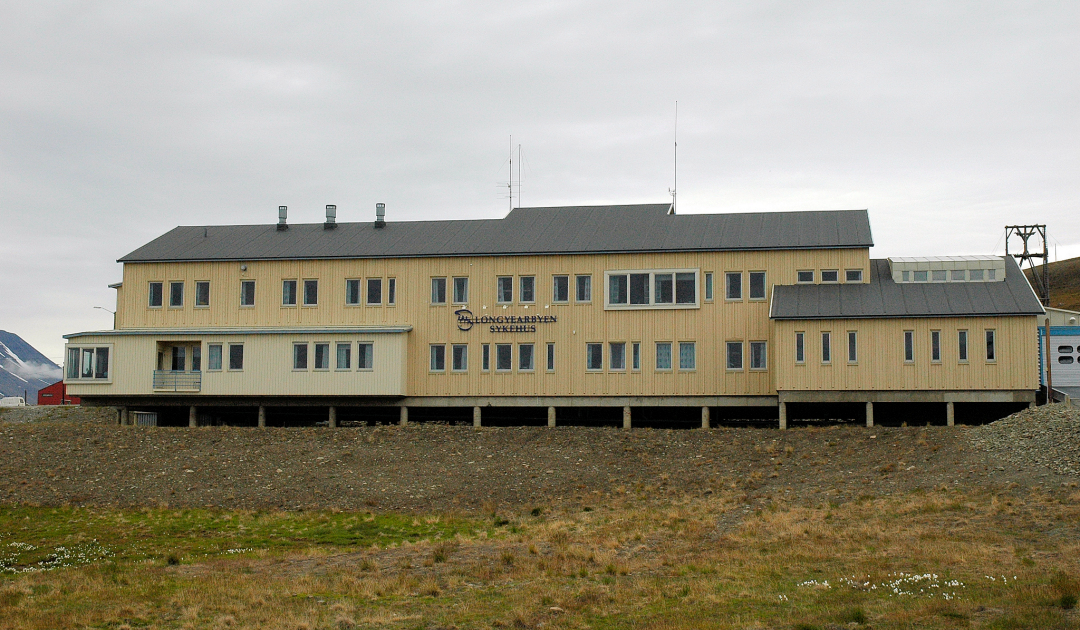
Svalbard, the Norwegian-administered archipelago in the Arctic, is one of the few country regions in the world without a positive local COVID case to date. Since last year, the virus has been successfully kept out in Longyearbyen, Ny Ålesund, Barentsburg and Pyramiden. The ban on foreigners entering Norway and the strict measures on the mainland, in addition to a test regime for travellers to Svalbard, were mainly responsible for this. But now the authorities are warning: Norwegian tourists have tested positive for the virus after returning from Svalbard.
According to media reports based on statements by Svalbard’s infection control officer, Dr. Knut Selmer, up to ten positive cases are known from tourists who had previously visited the archipelago. However, he did not have more precise information regarding the time periods between the visit and the positive test result, Svalbardposten quotes Dr Selmer as saying in its report. However, at least until now, no positive case of COVID has been recorded in Longyearbyen. Therefore, it is not clear whether the infection of the tourists occurred on Svalbard or after their return to the mainland. But: “The pandemic is now very close,” the doctor tells the newspaper.

In recent weeks, Norway had gradually relaxed entry and national COVID measures. This made it possible to travel to Svalbard from abroad again, and local tourists also came to Svalbard more frequently. Based on the news from the mainland, Dr. Selmer urges the people of the archipelago to continue to be cautious. In addition, publicity and press releases will be used to make people travelling to Svalbard aware that vaccination and testing are the safest and best protective measures. “On the mainland they are recording more infections than ever and people are also coming to Svalbard who have not been vaccinated before,” Dr Selmer tells Svalbardposten. This leads to a greater risk for the local population, especially for young people and children, as they have not yet been vaccinated. In addition, Svalbard is experiencing an increase in students and other newcomers, who also represent a risk. But a new vaccination campaign will start in September and will be available to everyone aged 16 and over who has not yet been vaccinated. Otherwise, the existing protective measures (hygiene, distance, rapid tests) should continue to be observed. It is not yet clear whether other protective measures, such as mandatory masks, will be taken up again.

Despite the fact that most of the population in Longyearbyen has already been fully vaccinated and a new vaccination campaign is imminent, there is a warning to be cautious. This is because Norway, like most European countries, is again recording rising case numbers on the mainland. The most prominent case is the 17-year-old daughter of Crown Prince Haakon and Crown Princess Mette-Marit, Princess Ingrid Alexandra, who tested positive for the virus last week. And the Norwegian government is adapting its measures accordingly. Currently, about 70 percent of the population in Norway is fully vaccinated and the authorities are calling on the remaining residents to get vaccinated. As of two weeks ago, adolescents 16 and older are also eligible for the vaccinations.
Dr Michael Wenger, PolarJournal
More on the subject:





